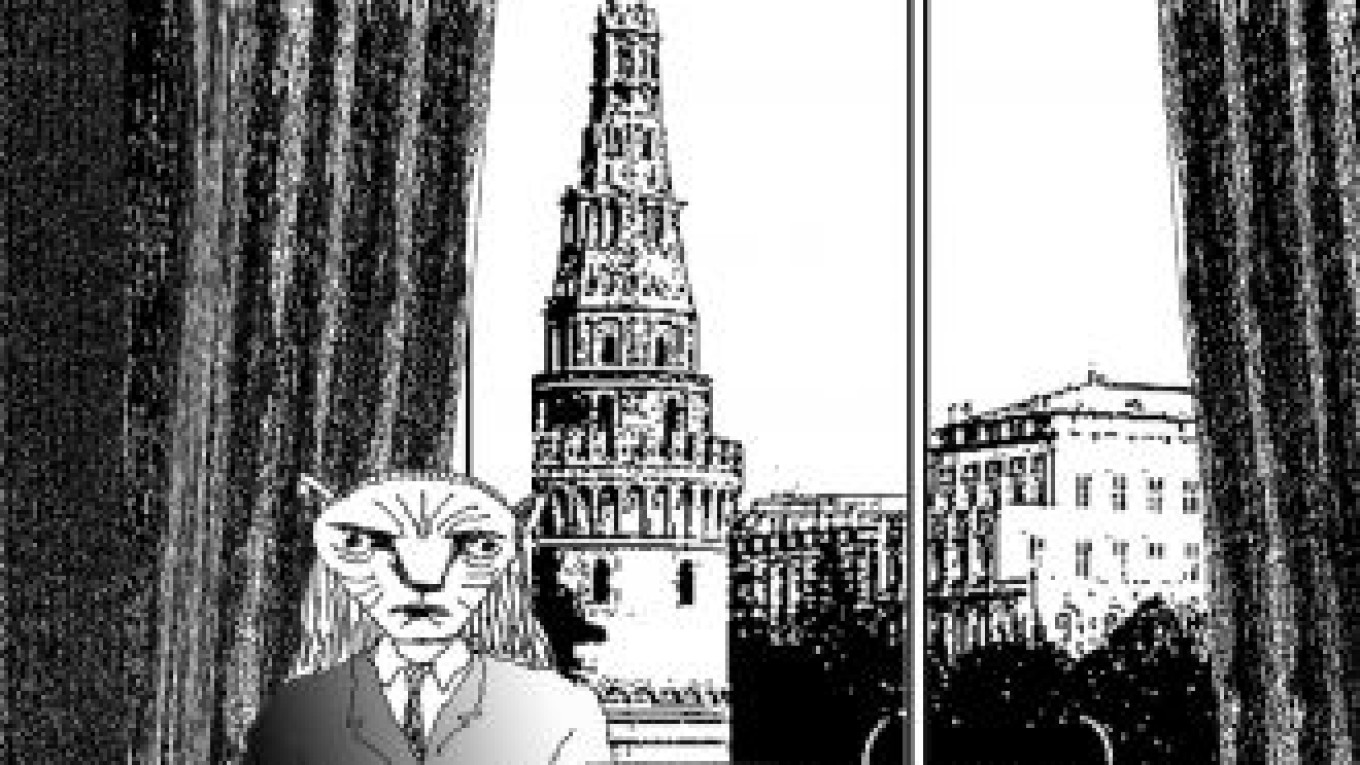Take me in your luggage,” one of the boys I met in Leningrad asked me, seriously, without a grin. “I have to get out of this place.”
It was 1960. I was 20 years old and traveling as part of a group of American college students who had been funded by the U.S. government and the Carnegie Corporation to visit Moscow, Leningrad and Kiev to determine the best methods of teaching Russian in the United States. Sputnik had been launched just a few years earlier, the excitement generated by the American Pavilion was still palpable in Moscow. VDNKh gleamed, and GUM was a grimy shadow of its current self, filled with seemingly endless rows and piles of cheap East European clothing.
In the summer of 1960, the U-2 incident in which U.S. pilot Gary Powers’ reconnaissance plane was shot down on May 1 over Sverdlovsk (now Yekaterinburg), was on everyone’s lips. We were peppered with questions by Russians: “What was life like in America? Do you live in a house? How much money does your father make? Which country is really more technologically advanced?”
We were objects of acute fascination, a sort of living exhibit that was able to cut through the circulating half-truths and misinformation with a single sentence. The food was terrible and, at times, inedible, but since we were treated like “celebrities” we didn’t care.
Whereas today I can see the ascending towers of Moskva-City from my apartment, in 1960 the skyline of Moscow was nonexistent, with the possible exception of the Seven Sisters. The infamously ugly Intourist Hotel, which only the Communists could have placed just 100 meters from Red Square, had not yet been built.
I can still see the scores of men in uniform busily walking the streets and the women carrying their mesh bags, always at the ready if they found something available for sale in a store or directly from the back of a delivery truck. Ulitsa Gorkogo, now Tverskaya, was virtually bare of cars. Both Lenin and Stalin were enshrined in the mausoleum (which bore both their names), and a long line of dreary and poorly dressed Soviets snaked from its entrance all the way across Red Square. We flew home over Greenland in September 1960 above white expanses of glaciers that no longer exist.
When I returned to Moscow 14 years later as counsel to the newly formed U.S.-U.S.S.R. Trade and Economic Council, I expected vainly to be treated like a celebrity again. But to my disappointment, the novelty had worn off a bit. In 1974, when Soviet leader Leonid Brezhnev had been in office 10 years already, there was much more information available about the United States than during my first trip, and my role as a rare cultural ambassador was now outdated.
When the Soviet Union finally collapsed in 1991, I decided it was time to open my own office in Moscow. In the beginning, my “firm” consisted of myself, a Russian lawyer, a paralegal (who cooked lunch) and a Panasonic fax/telephone with terrible service, The office was the quintessence of shabby, although I couldn’t complain: The rent was only $7 a month.
That crude office has grown and improved substantially since the primitive years of the early 1990s, and in May of this year it will undergo a major merger. Yet the firm’s expansion is only one among many evolutionary benchmarks during my time in the country. For Russia, it is a tiny benchmark in its dramatic evolution over the past 50 years.
In an odd way, the release of James Cameron’s blockbuster film “Avatar” is very pertinent to Russia’s trajectory. An avatar is a “temporary manifestation, or embodiment.” Those who have already seen the movie will know that it’s premised on one man’s transition back and fourth between two worlds — the first, his own and the second an utterly new, strange and different environment in which he must make sometimes painful mistakes in a body that does not quite feel like his own.
The film also reflects Russia’s growing pains in a “new” world. Although the leaps and strides that have been made since the 1990s are substantial, when I think of what has changed since 1960, the evolution has been monumental.
Peter Pettibone is managing partner of the Moscow Office of Hogan & Hartson.
A Message from The Moscow Times:
Dear readers,
We are facing unprecedented challenges. Russia's Prosecutor General's Office has designated The Moscow Times as an "undesirable" organization, criminalizing our work and putting our staff at risk of prosecution. This follows our earlier unjust labeling as a "foreign agent."
These actions are direct attempts to silence independent journalism in Russia. The authorities claim our work "discredits the decisions of the Russian leadership." We see things differently: we strive to provide accurate, unbiased reporting on Russia.
We, the journalists of The Moscow Times, refuse to be silenced. But to continue our work, we need your help.
Your support, no matter how small, makes a world of difference. If you can, please support us monthly starting from just $2. It's quick to set up, and every contribution makes a significant impact.
By supporting The Moscow Times, you're defending open, independent journalism in the face of repression. Thank you for standing with us.
Remind me later.


